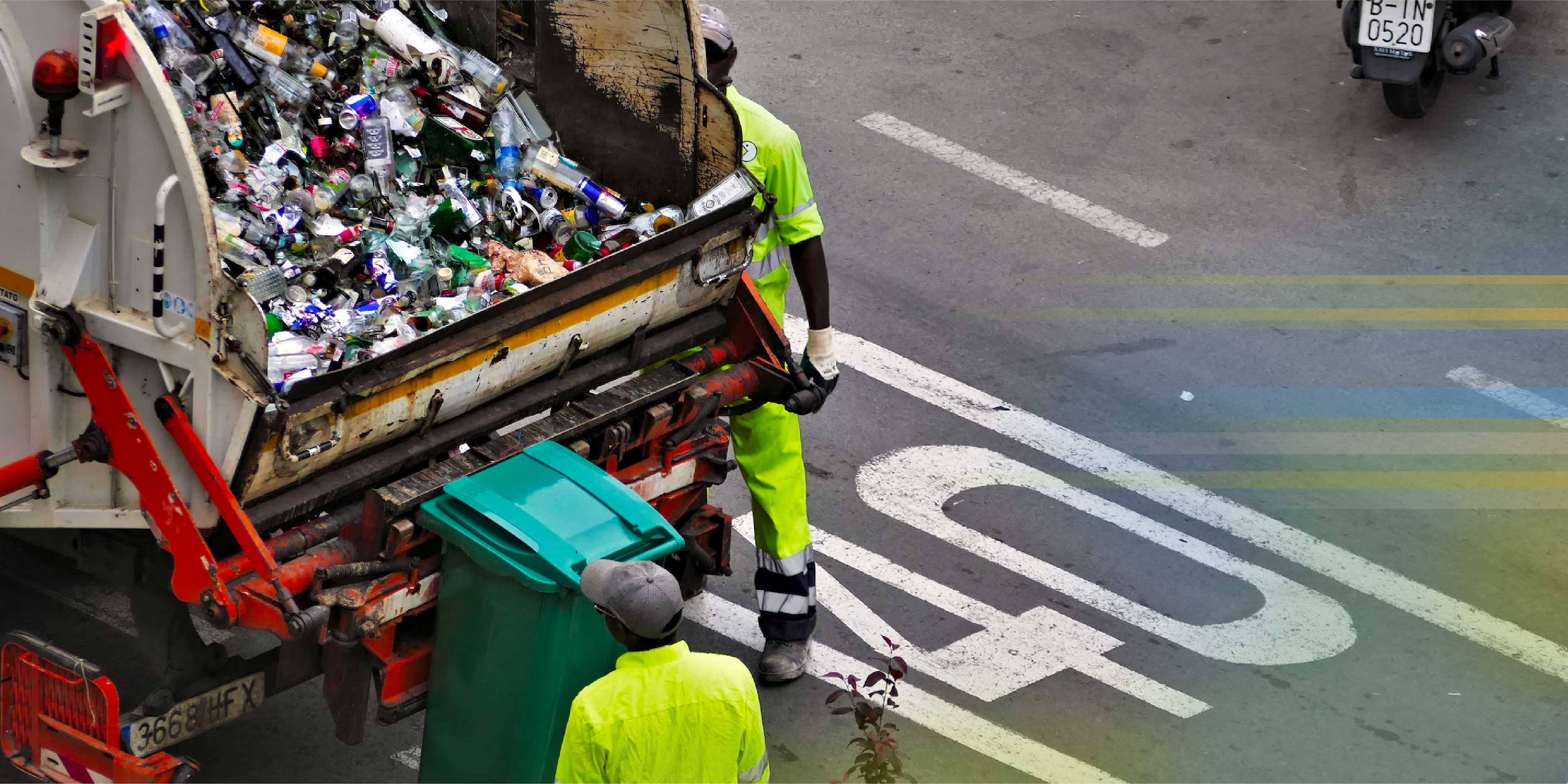Waste management system

Waste management is multidisciplinary, hence the need for structuring and a systemic approach.
There is first of all the communication that frames the whole process, the identification and securing of sites that will house the infrastructures, the realization and exploitation of the infrastructures, the development of green spaces, landscaping, health paths, the capacity building and support of people affected by the project, the provision of small materials, the organization and mobilization of communities in waste management, environmental and social impact studies, etc.
These are all equally important stages in the system, which is governed by revised and updated laws and regulations.
All of PROMOGED's intervention municipalities have a municipal or inter-municipal waste management plan that defines the management scheme and modalities at the municipal or inter-municipal level.
In fact, in the secondary agglomerations that are the Thiès pole (Thiès, Mbour and Tivaouane), the North pole (Saint-Louis and Matam) and Casamance (Ziguinchor, Kolda and Sédhiou), PROMOGED introduces a new way of managing solid waste in these small and medium-sized municipalities by leveraging inter-municipal cooperation in this area to address the critical challenge of land scarcity, take advantage of economies of scale, and potentially provide an opportunity for partnership with the private sector for greater efficiency. To do this, the project supports the establishment of inter-municipal agreements between municipalities in the same agglomeration. This process will be chaired by the Ministry of Local Government through its decentralized services as well as governors and prefects. The inter-municipal agreements will specify
- the cost-sharing and pricing arrangements between the municipalities
- the location of the waste management infrastructure
- the management structure for the operation and maintenance of the joint infrastructure
- complaint resolution mechanisms.
In the three secondary hubs, the private sector is mobilizing a small portion of the co-financing for the facilities because of the low rate of return. However, where possible, these facilities will be developed through public-private partnerships (PPPs) or operating contracts. In the secondary agglomerations, the project finances:
- The development of inter-municipal waste management strategies, including an extensive consultation process in all participating agglomerations.
- Municipal waste management plans for the municipalities in each cluster. These plans define the specific investments to be made in infrastructure, equipment, service delivery model, cost recovery, and entry points for the private sector. It is anticipated that this infrastructure will include neighbourhood waste collection centers, transit stations with sorting mechanisms, regional recycling facilities, and regional waste treatment and disposal facilities.
- Investments in an integrated inter-municipal waste management system including collection, transfer, sorting, recycling, treatment and disposal facilities. A public private partnership (PPP) modality will be studied for the realization of these investments and/or for the operation and maintenance of the facilities.
- Technical feasibility, guarantees, detailed engineering design and supervision services related to the proposed investments.
- Implementation of safeguards (e.g., Environmental and Social Impact Assessment (ESIA) and RAP), including a livelihood replacement program for former informal recyclers.
- Closure and rehabilitation of illegal and unsanitary dumpsites.
- Transaction advice for PPP arrangements.

